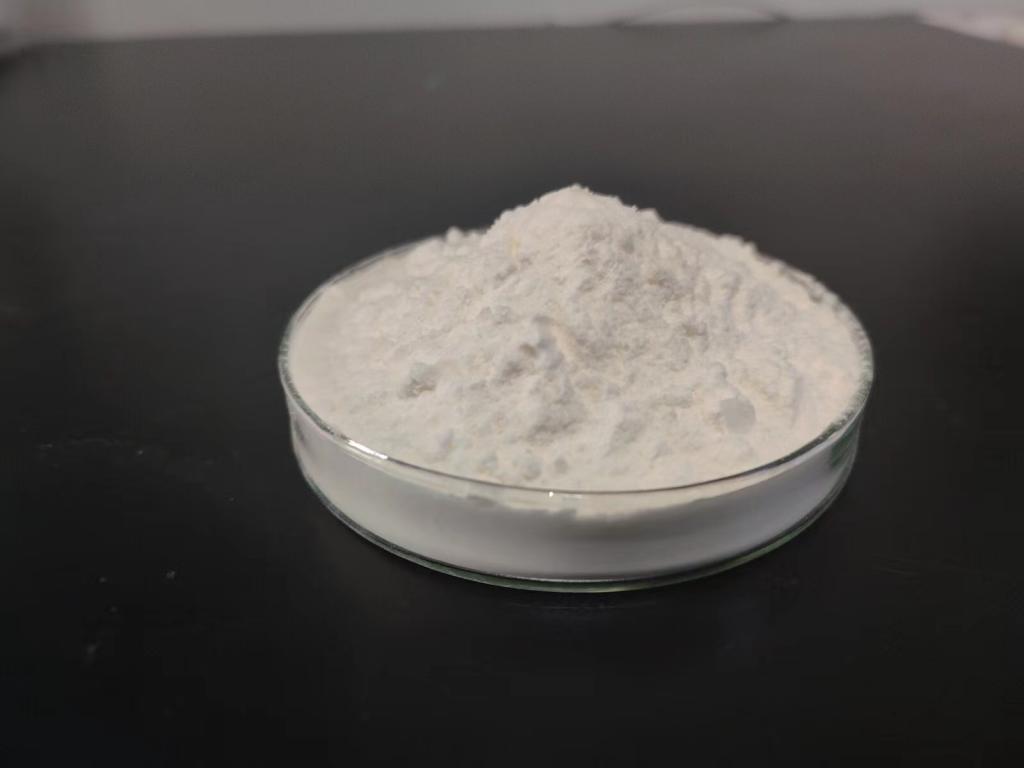Tel:+8618231198596

News
 CONTACT
CONTACT
 CONTACT
CONTACT
- Linkman:Linda Yao
- Tel: +8618231198596
- Email:linda.yao@dcpharma.cn
- Linkman:CHARLES.WANG
- Department:Overseas
- Tel: 0086 0311-85537378 0086 0311-85539701
News
Current Position:
Home >
News
>ε-Polylysine hydrochloride is commonly used as a preservative in food and cosmetics.
ε-Polylysine hydrochloride is commonly used as a preservative in food and cosmetics.
TIME:2024-03-22
Understanding ε-Polylysine Hydrochloride:
ε-Polylysine hydrochloride, also known as ε-poly-l-lysine or EPL, is a cationic homopolymer composed of lysine residues linked by peptide bonds. It is naturally produced by certain strains of Streptomyces albulus through fermentation processes. The polymerization of lysine residues results in a linear chain structure with positively charged amino groups, conferring antimicrobial activity to ε-polylysine hydrochloride.
Properties and Mechanisms of Action:
Antimicrobial Activity: ε-Polylysine hydrochloride exhibits broad-spectrum antimicrobial activity against various microorganisms, including bacteria, yeasts, and molds. Its positively charged amino groups interact with negatively charged components of microbial cell membranes, disrupting membrane integrity and leading to cell lysis and death.
Stability: ε-Polylysine hydrochloride is stable under a wide range of pH levels and temperatures, making it suitable for use in various food and cosmetic formulations. Its stability allows for effective preservation over extended periods, even under challenging storage conditions.
Water Solubility: ε-Polylysine hydrochloride is highly water-soluble, facilitating its incorporation into aqueous formulations such as liquid-based food products, cosmetics, and personal care items. Its solubility ensures uniform distribution and consistent antimicrobial efficacy throughout the product matrix.
Applications in Food Preservation:
Meat and Poultry Products: ε-Polylysine hydrochloride is commonly used in meat and poultry products, including sausages, deli meats, and canned meats, to inhibit the growth of spoilage bacteria such as Listeria monocytogenes and Salmonella spp. Its antimicrobial properties help extend the shelf life of these perishable products while ensuring food safety.
Dairy and Cheese: In the dairy industry, ε-Polylysine hydrochloride is employed to prevent microbial contamination and spoilage in cheese, yogurt, and other dairy products. Its effectiveness against a wide range of bacteria, including lactic acid bacteria and pathogenic strains, makes it a valuable preservative in dairy formulations.
Beverages: ε-Polylysine hydrochloride finds applications in preserving various beverages, including fruit juices, soft drinks, and alcoholic beverages. By inhibiting microbial growth, it helps maintain product freshness, flavor, and quality throughout storage and distribution.
Applications in Cosmetics Preservation:
Skincare Products: ε-Polylysine hydrochloride is utilized in skincare formulations, such as creams, lotions, and serums, to prevent microbial contamination and spoilage. Its antimicrobial properties help extend the shelf life of cosmetic products, ensuring product safety and efficacy for consumers.
Personal Care Items: ε-Polylysine hydrochloride is incorporated into personal care items, including shampoos, conditioners, and body washes, to inhibit the growth of bacteria, fungi, and other microorganisms. Its water-soluble nature allows for easy integration into aqueous formulations without affecting product texture or sensory attributes.
Regulatory Considerations:
ε-Polylysine hydrochloride is approved for use as a food additive and cosmetic ingredient in many countries, including the United States, the European Union, and Japan. Regulatory agencies such as the U.S. Food and Drug Administration (FDA) and the European Food Safety Authority (EFSA) have evaluated its safety and established acceptable levels for use in food and cosmetic applications.
Future Prospects and Challenges:
The growing demand for natural and sustainable preservatives presents opportunities for the further development and commercialization of ε-polylysine hydrochloride-based formulations. However, challenges such as cost-effectiveness, consumer acceptance, and regulatory compliance may need to be addressed to realize its full potential in the food and cosmetics industries.
Conclusion:
ε-Polylysine hydrochloride emerges as a versatile and effective preservative in both food and cosmetics applications, offering broad-spectrum antimicrobial activity, stability, and water solubility. Its natural origin and favorable safety profile align with consumer preferences for clean-label and sustainable products. As the demand for natural preservatives continues to grow, ε-polylysine hydrochloride holds promise as a valuable ingredient for extending shelf life, ensuring product safety, and meeting the evolving needs of the food and cosmetics industries.
- Tel:+8618231198596
- Whatsapp:18231198596
- Chat With Skype







